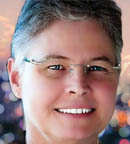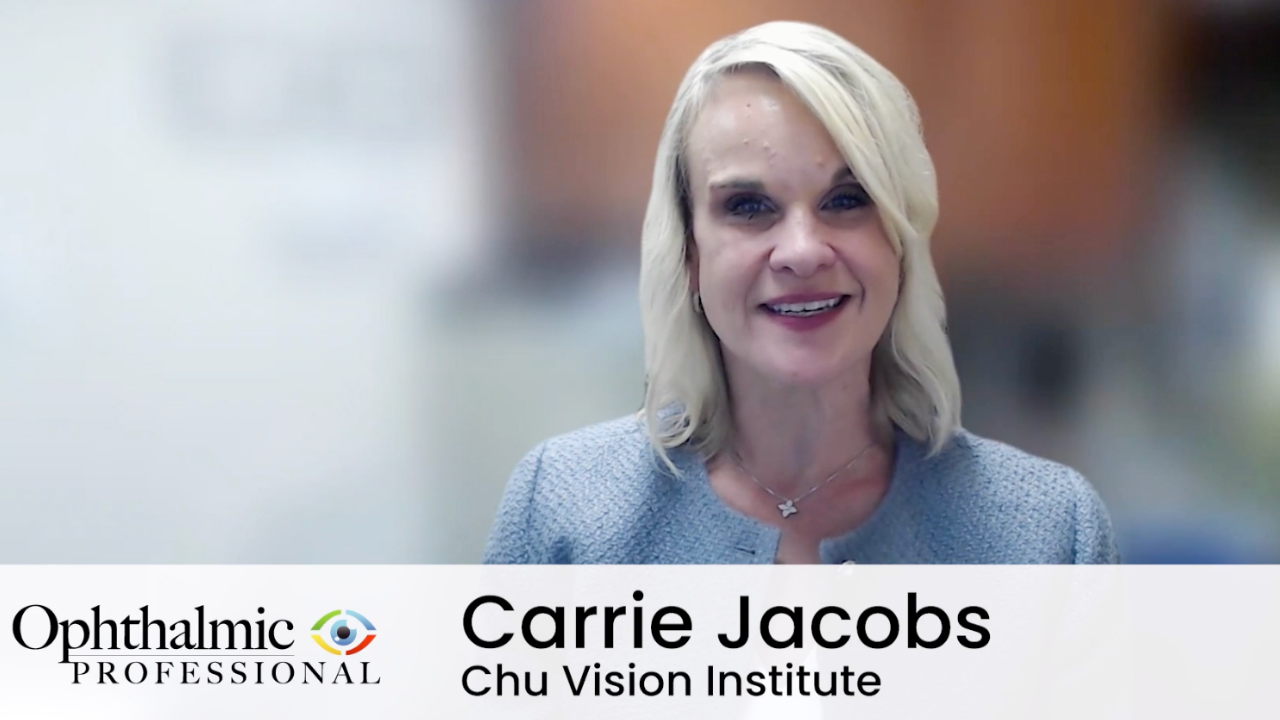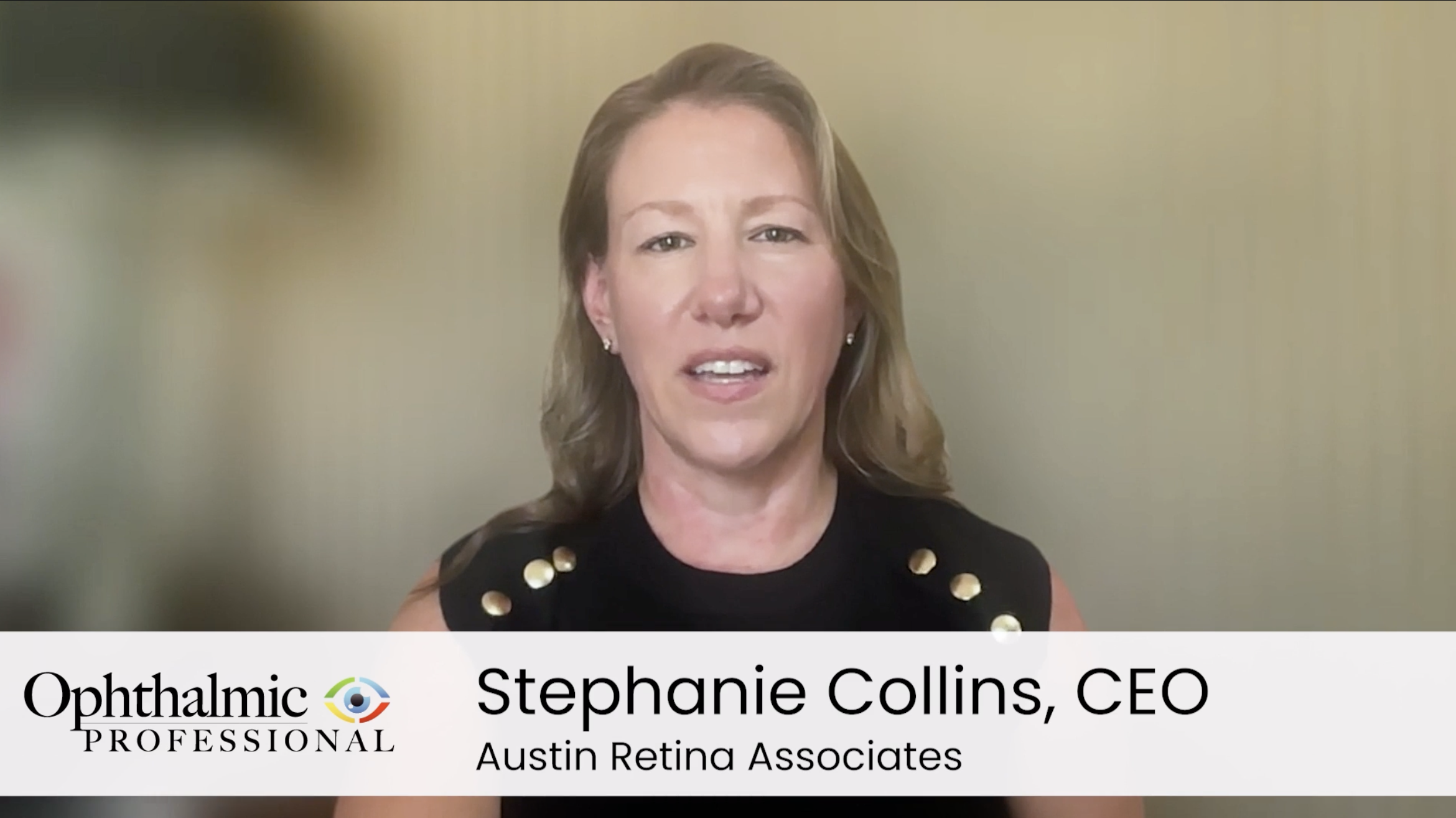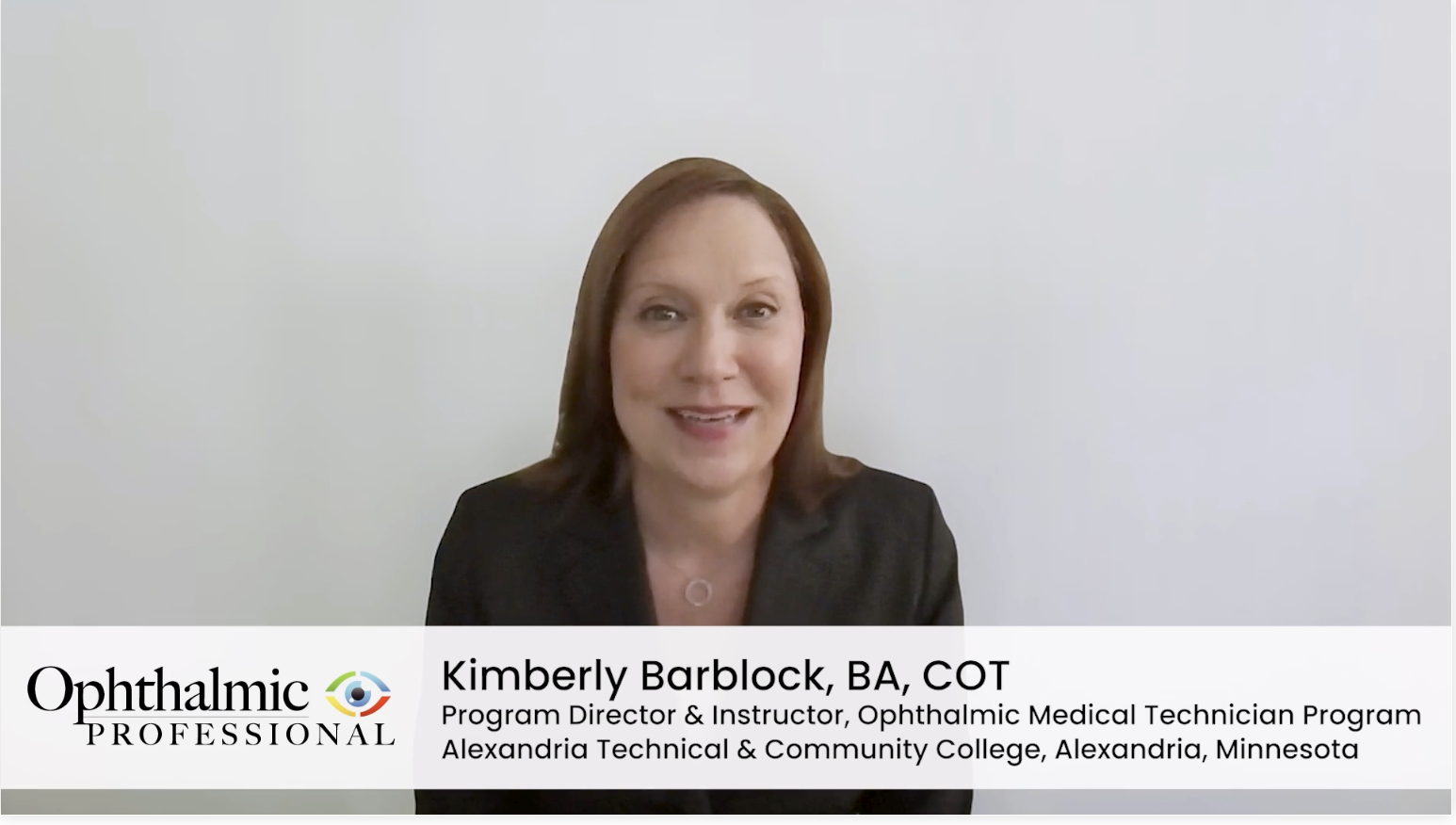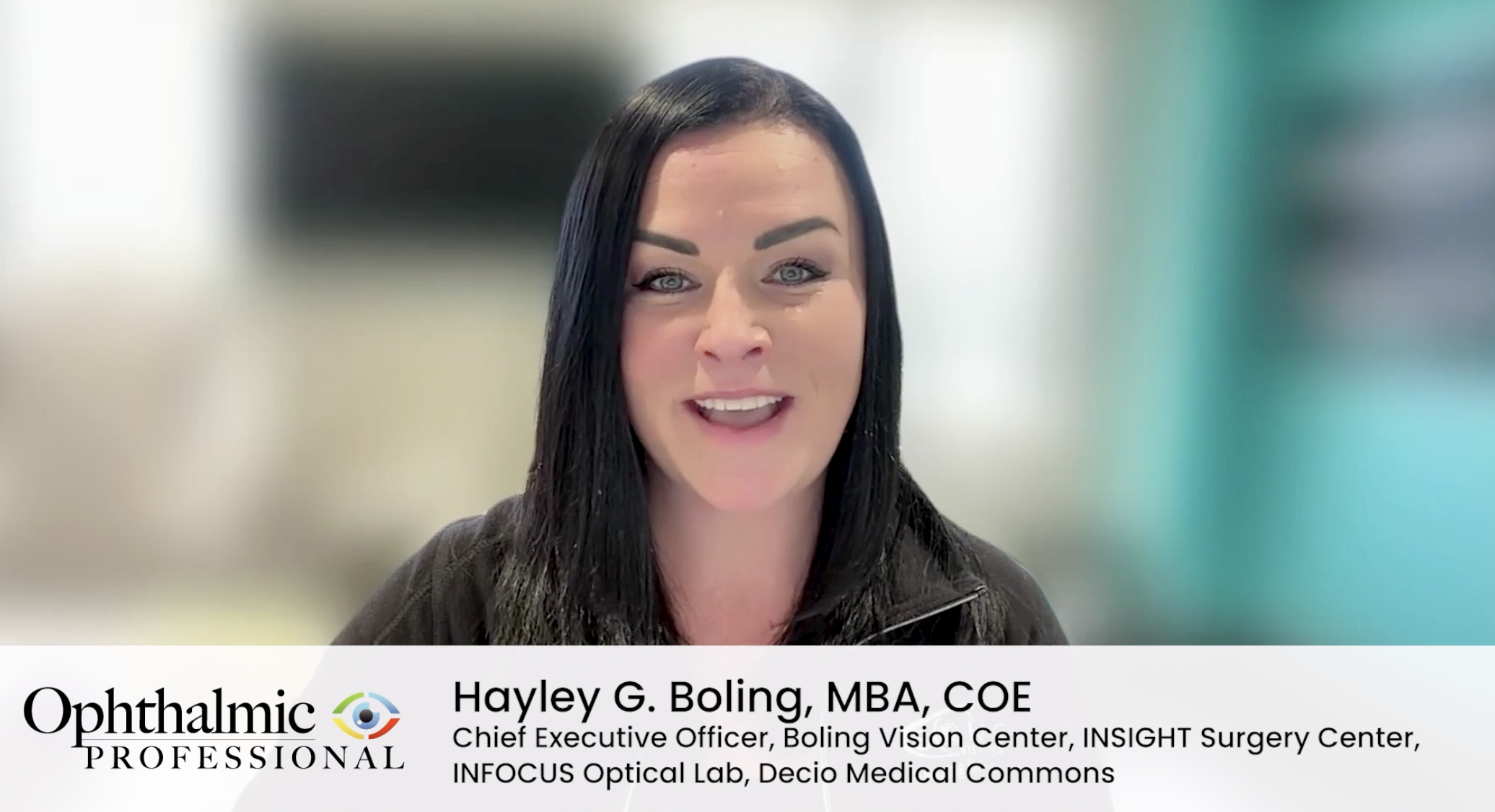Hi. My name is Sergina Flaherty, I'm a certified ophthalmic medical technologist and I'm the current surgical educator at Stone Oak Ophthalmology Center here in San Antonio, Texas. I was asked the question: How did I get into ophthalmology?
It was in 1978 when I joined the US Army and I found a career field called eye specialist. I took a course for about 8 weeks and went to an on-the-job training and learned to become an ophthalmic assistant. When I was in San Francisco, I was in a hands-on-type program for another 4 to 6 weeks and I had a supervisor who was a certified ophthalmic assistant. She was certified by JCAHPO and I asked her about that and she got all excited and said it's really a nice thing to have when you are in ophthalmology to show that you know what you're doing. She was so proud of it she displayed a certificate on her wall behind her desk and I said to myself at that time that I was going to pursue certification. I thought, I like what I'm doing so far and I think that would be the thing to do to become better at what I do on a daily basis.
So, I went ahead and took my COA about a year after I had finished my training and then I waited a few years and went for my COT which is a second level certified ophthalmic technician. Then, a few years later, I wound up finally getting the highest level of certification—the certified ophthalmic medical technologist which is a COMT. I found that each time I certified I wound up getting promotions, made more money, had more responsibility—and loved it—and that's mainly why I love what I do because I'm able to help people. I'm able to help patients, I'm able to help the doctor, I work in surgery, I have learned to become an ophthalmic photographer. So you're seeing that there's a variety of things that you can do in ophthalmology, that you never get bored—at least I never got bored.
The other thing that I love about ophthalmology is that I have a job. What I mean by that is when the economy was downturned in 2008, I still worked, I still had my job, I still had my pay. I was able to pay my mortgage.
Our profession is in demand. We will always be needed as long as there are ophthalmologists anywhere and we can work anywhere. I went to Hawaii for 4 years. I felt like I was on a working vacation the whole time. It was awesome. I would recommend this field to anyone that is wondering what they want to do for their life. If they enjoy working with people and they enjoy working with instrumentation, with medicine, you're guaranteed to work throughout your life. I've been in the field since 1978 so here I am in 2025. I've got a few more years to go and then I'm going to retire.
I appreciate getting the opportunity to speak with you. I hope that you consider this as a career field. Feel free to reach out to me anytime. You can find me just about anywhere. Thank you. OP
Transcript edited for clarity.









